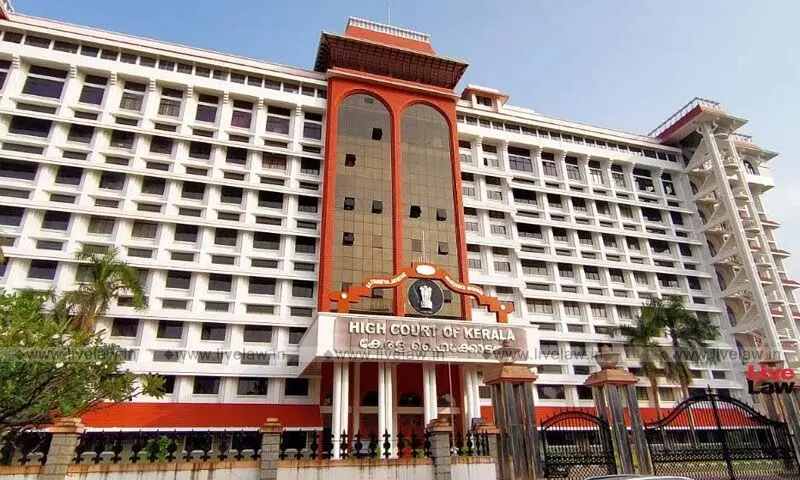
Not CrPC but BNSS to govern appeals from July 1: Kerala High Court
text_fieldsKochi: The Kerala High Court said that even if a case was decided before the overhauled criminal laws became effective, the appeal filed on the case should be under amended criminal laws. The court’s ruling came when a POCSO case convict filed an appeal under CrPC.
The high court bench of Justice PG Ajith Kumar ruled that the convict’s appeal must be under Bharatiya Nagarik Suraksha Sanhita (BNSS), which replaced CrPC. The judge ordered the convict, Abdul Khader, to amend his appeal and submit it under the BNSS.
Abdul Khader, a native of Vengara, filed the appeal before the high court on July 10 after a special court in Manjeri in Kerala’s Malappuram district convicted him in a POCSO case on June 12. He had argued before the high court that since the trial was conducted under the CrPC, the same should apply to his appeal. However, the court clarified that the new law will apply to all petitions filed on or after July 1.
Meanwhile, the newly implemented amended criminal laws Bharatiya Nyaya Sanhita (BNSS), Bharatiya Nagrik Suraksha Sanhita (BNSS) and Bharatiya Sakshya Adhiniyam (BSA) caught in larger controversies.
Critics, including opposition parties like the Congress, have lambasted the Modi government for what they perceive as draconian measures targeting vulnerable sections of society. The Congress accused the government of disregarding constitutional principles and using parliamentary manoeuvres to push through controversial laws that disproportionately affect street vendors and other marginalized groups.
The Karnataka Pragatipara Beedhi Vyaparigala Sangha condemned the new penalties, arguing that the increased fines would cripple street vendors who often struggle to make ends meet. They expressed concerns that the harsher penalties under the BNS could discourage people from engaging in vending activities altogether, exacerbating economic hardships already exacerbated by the pandemic. This was after there was news immediately after the laws came into effect on July 1, 2024, that street vendors were facing the brunt of the laws.























